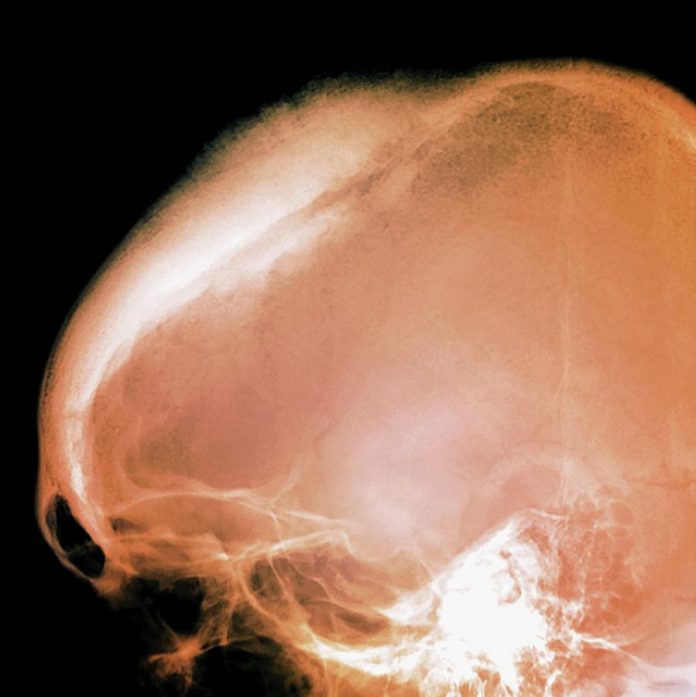The NHS is set to roll out the first ever targeted treatment for brain tumours in children and young people in England, which can be taken at home and has been shown to significantly slow the progression of the disease, allowing them a better quality of life for longer.
Dabrafenib with trametinib has been found to stop the disease progressing for more than three times as long as standard chemotherapy for children with low-grade gliomas that have a specific genetic mutation, while helping many be spared the harsh side effects that can come with chemotherapy.
The treatment will be available on the NHS in the coming months for young people aged 1-17 with low-grade or high-grade gliomas that have a BRAF V600E mutation, following a green light from the National Institute for Health and Care Excellence (NICE) today [Wednesday 24 April] .
The combination treatment, which is given at home rather than in hospital, works by targeting the proteins made by the altered BRAF gene that are responsible for uncontrollable tumour growth.
Gliomas grow in the brain or spinal cord and can be low-grade, where tumours grow slowly, or high-grade, where they grow more rapidly and can often be fatal.
Around 150 children are diagnosed with low grade gliomas every year in the UK and around 30 are diagnosed with high grade gliomas – and up to one fifth have a mutation in their BRAF gene which makes the tumours more resistant to chemotherapy.
Clinical trials have shown that as well having fewer side-effects than chemotherapy, the treatment stalled growth of low-grade gliomas for around two years (24.9 months) on average – over three times as long as standard chemotherapy (7.2 months).
Dabrafenib (Finlee ®) is given as dissolvable tablets which are taken twice a day and trametinib (Spexotras ®) is an oral solution which is taken once a day.







